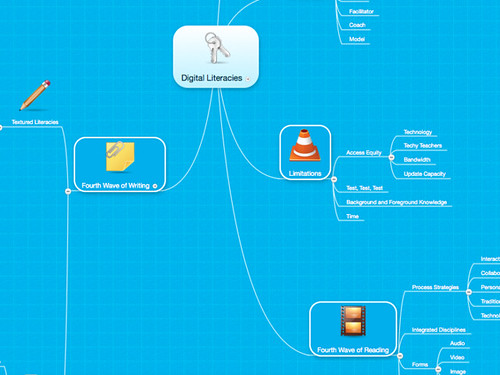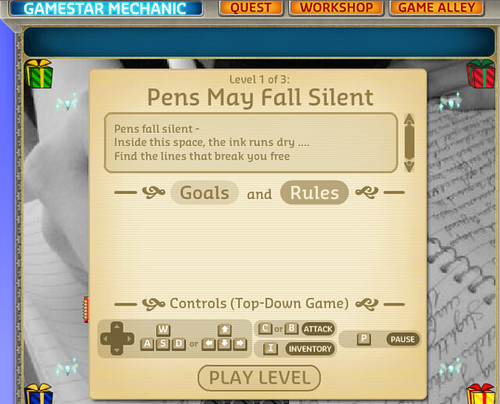One of my goals for working with educators around the Common Core is to showcase how technology and media also fit into ways that we can engage our students as composers and creators. During two full-day sessions this week, I led a group of teachers not only through the layers of Common Core in our state, but also through various technology tools that were part of the learning. In other words, I tried to embed the technology as much as possible, and then made that embedding visible, so that teachers might see some possibilities for doing the same in their classroom.
Here are some of the technology ideas we used:
Feedback at the end of our two days together indicated an appreciation of deeper understanding of the Common Core standards, but also an appreciation of how technology was used in meaningful ways as part of the learning. As I told them, I hoped I was planting some seeds for them for the future, and that by using the technology themselves for learning, they might transfer that to their students.
Peace (in the sharing),
Kevin




